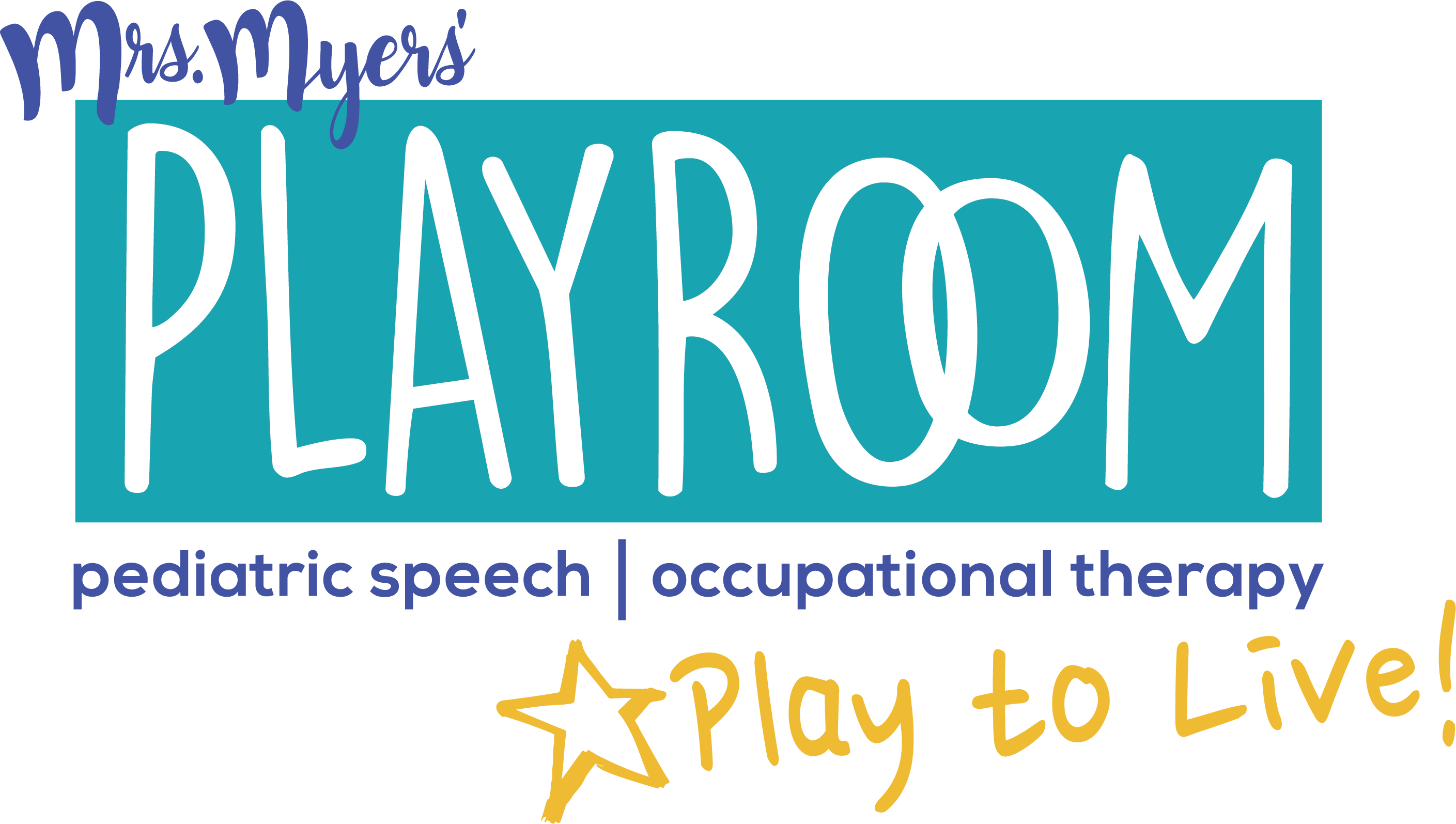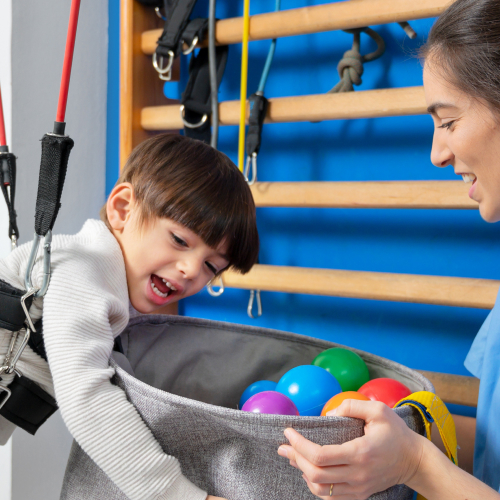Speech therapy can be beneficial for children of all ages, from infants to teenagers. The specific age at which a child may start speech therapy will depend on their individual needs and developmental level. Here are some general guidelines:
- Infants and toddlers: Speech therapy can be helpful for infants and toddlers who have difficulty with feeding or early communication skills, such as babbling or making sounds. Some children may start speech therapy as early as 6 months of age.
- Preschoolers: Speech therapy is often recommended for preschool-aged children who have speech and language delays or disorders. This may include children who have difficulty with articulation, vocabulary, grammar, or social communication skills.
- School-aged children: Speech therapy may be recommended for school-aged children who have difficulty with reading and writing, as well as those who have more complex speech and language disorders.
- Teenagers: Speech therapy may be helpful for teenagers who have difficulty with public speaking, social communication, or academic communication skills.



